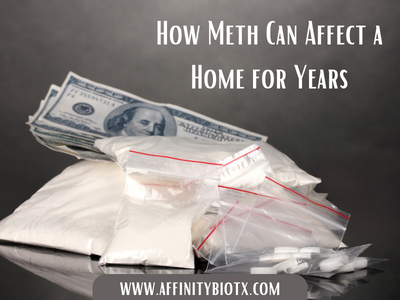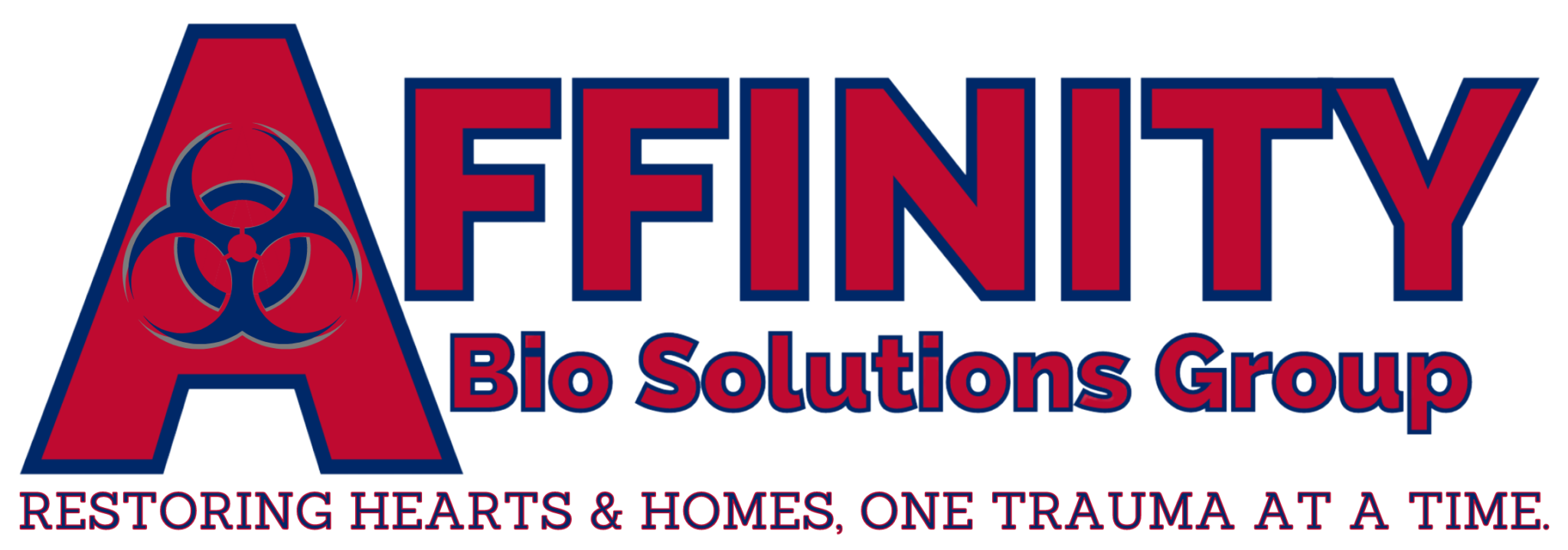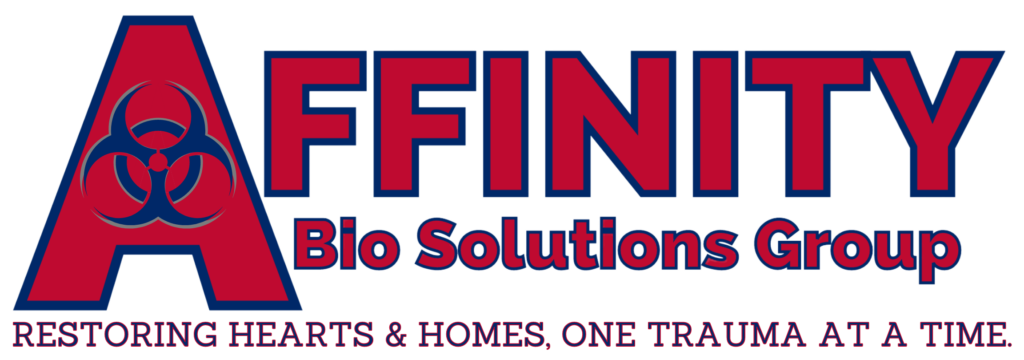 Methamphetamine, commonly known as meth, is a highly addictive and destructive drug that not only harms individuals but can also have severe consequences for the homes where it is used or manufactured. The production and use of meth in a residence can leave a lasting and often hidden legacy of contamination and damage that affects the property for years to come.
Methamphetamine, commonly known as meth, is a highly addictive and destructive drug that not only harms individuals but can also have severe consequences for the homes where it is used or manufactured. The production and use of meth in a residence can leave a lasting and often hidden legacy of contamination and damage that affects the property for years to come.
How Meth can Affect a Home for Years
- Chemical Residue: Meth production involves the use of various toxic chemicals and solvents, including acetone, iodine, and anhydrous ammonia. These substances can permeate walls, floors, ceilings, and HVAC systems, leaving behind dangerous chemical residue. Even after meth activity has ceased, this residue can persist for an extended period.
- Health Risks: Meth contamination poses significant health risks to anyone residing in or visiting a contaminated home. Exposure to residual chemicals can lead to a range of health issues, including respiratory problems, skin irritation, headaches, and nausea. Children and pets are particularly vulnerable to the adverse effects of meth residue.
- Legal and Regulatory Issues: Meth contamination can lead to legal and regulatory complications for property owners. Many states and municipalities have stringent laws and regulations governing the cleanup and disclosure of meth-contaminated properties. Failure to comply with these regulations can result in fines and legal consequences.
- Diminished Property Value: A home with a history of meth use or manufacturing can experience a significant reduction in value. Prospective buyers are often hesitant to purchase such properties due to the associated health risks and cleanup costs.
- Costly Remediation: Cleaning up a meth-contaminated home is a complex and expensive process. It typically involves the removal of contaminated materials, such as drywall, insulation, and flooring, as well as thorough cleaning and decontamination. Property owners may be responsible for covering these substantial cleanup costs.
- Ongoing Monitoring: In some cases, homes with a history of meth contamination may require ongoing monitoring to ensure that contamination levels remain within acceptable limits. This can be a long-term burden for property owners.
- Stigmatization: Even after thorough cleanup and remediation, a home’s reputation may be permanently stigmatized due to its history of meth involvement. This can make it difficult to sell or rent the property, even years after the initial contamination.
- Occupational Hazards: Professionals involved in the cleanup and remediation of meth-contaminated properties face occupational hazards. They must wear specialized protective gear and follow strict safety protocols to minimize their exposure to hazardous chemicals.
Methamphetamine use and production can have far-reaching and enduring consequences for homes and their occupants. The contamination, health risks, legal issues, and financial burdens associated with meth-contaminated properties underscore the importance of addressing this problem promptly and professionally. If you suspect that a property has been exposed to meth, it is essential to seek guidance from experts in meth remediation and follow all applicable laws and regulations. Ignoring the problem or attempting a DIY cleanup is not only unsafe but can also result in long-lasting damage to the property and the health of those who inhabit it.

